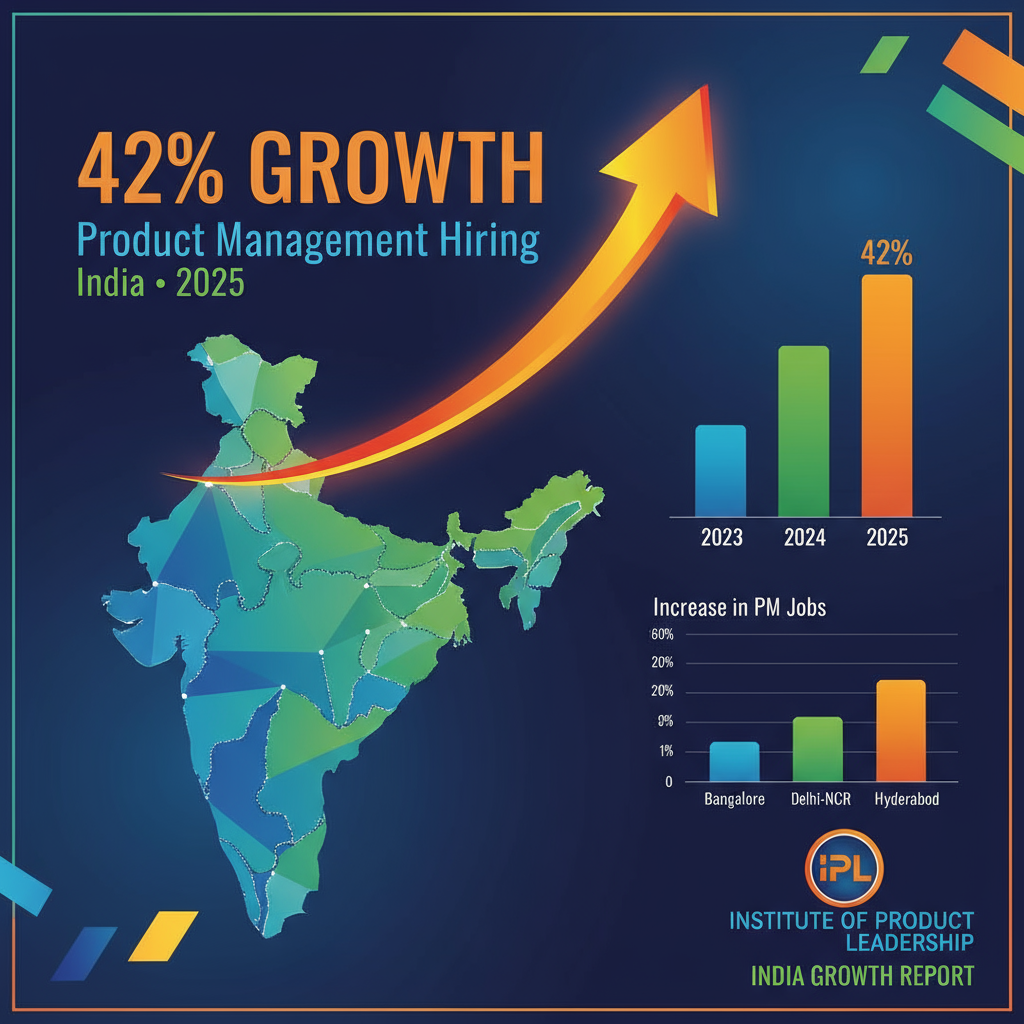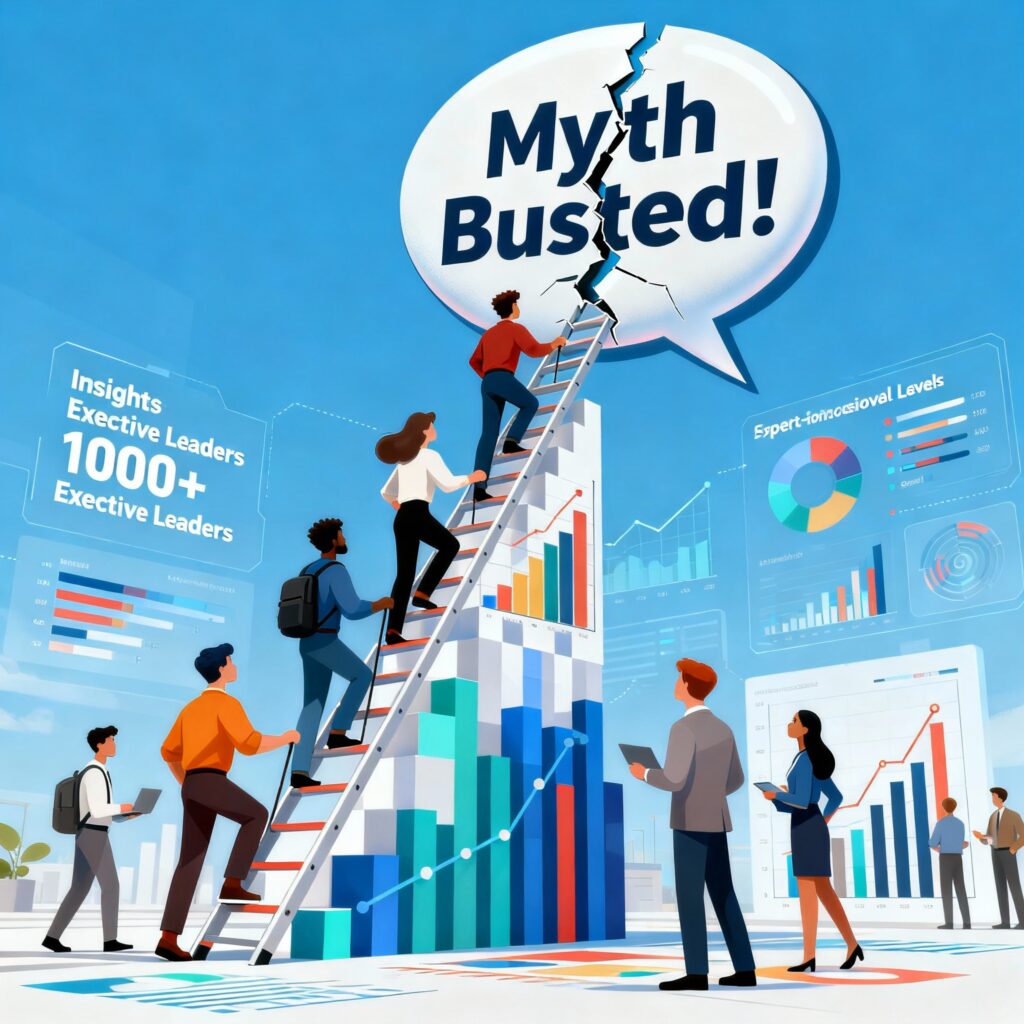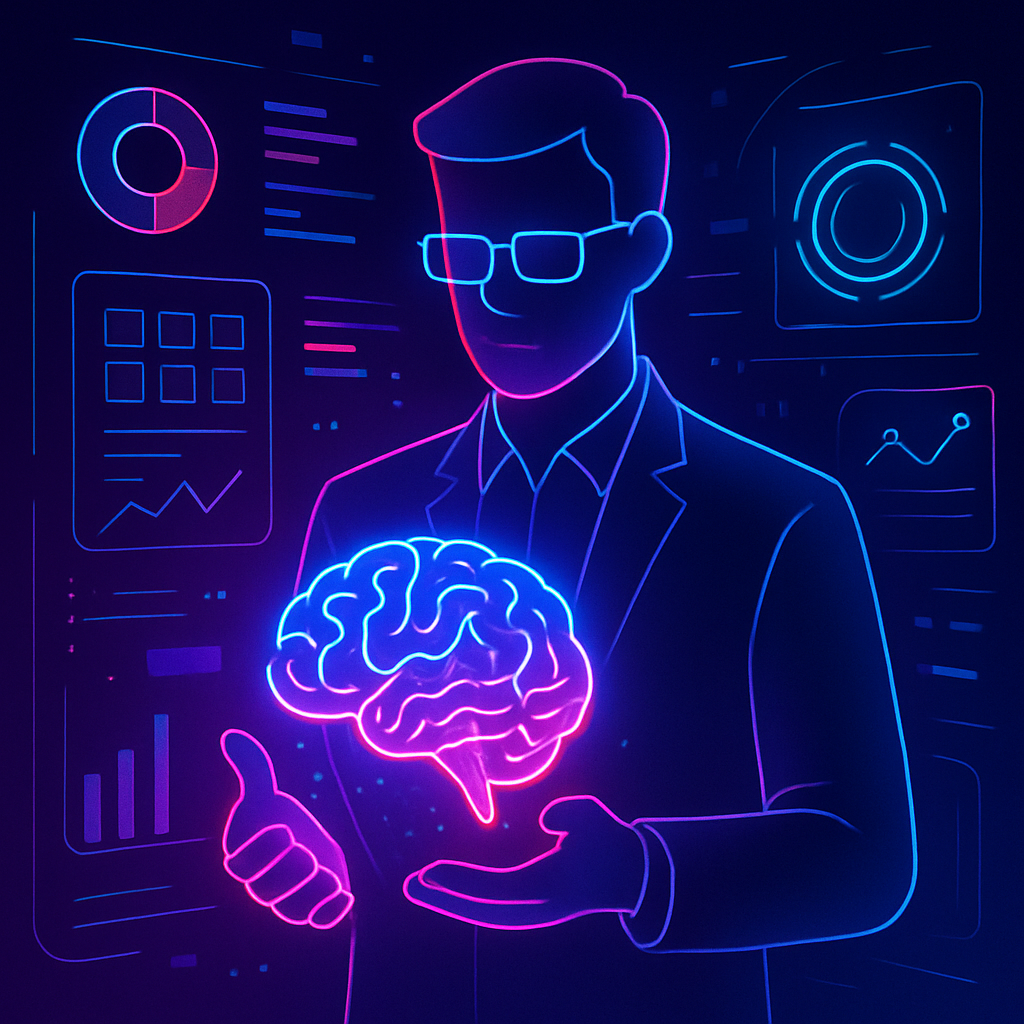INDUSTRY CONNECT ON DIGITAL ECONOMY

Recently, Institute of Product Leadership hosted an Industry Connect Event at CMR University, Bangalore, where Srinivasulu, VP & Managing Director Apigee, shared his thoughts on Digital Economy and its influence on Product Development.
Here are the three takeaways from the Industry Connect session:
1. What is digital economy & why digital is important?
Digital Economy refers to an economy that is based on digital technologies. The digital economy is also sometimes called the Internet Economy, the New Economy, or Web Economy. Increasingly, the “digital economy” is intertwined with the traditional economy making a clear delineation harder.
Interestingly, Mobile, cloud, social media, virtualization and big data – once considered hot technology trends worth exploring – have moved well beyond the stage of experimentation. They are proven tools that have given birth to an age where technology has become the foundation of any successful business – it’s undeniably a prime driver of market differentiation, business growth, innovation, adaptability, collaboration, and profitability.
Interestingly, Mobile, cloud, social media, virtualization and big data – once considered hot technology trends worth exploring – have moved well beyond the stage of experimentation. They are proven tools that have given birth to an age where technology has become the foundation of any successful business – it’s undeniably a prime driver of market differentiation, business growth, innovation, adaptability, collaboration, and profitability.
2. Every business is a digital business:
Digital business is the creation of new business designs by blurring the digital and physical worlds. In short, every business is now a digital business and those where the full C-Suite understand the benefits of this are those that will be most successful. Consumers are more than faceless digital transactions or demographic profiles. They’re individuals.
Yet many companies have concentrated on using mobile technology, social networks, and context-based services to build more detailed demographics rather than to improve ways of interacting with their customers. Digital provides a key new approach to consumer engagement and loyalty.
Srinivasulu highlights,
–> Digital Business is more than social marketing through digital channels.
–> Digital is more than your website and mobile apps.
–> Digital is more than social presence and e-mail/ social marketing
–> Digital eruption is as powerful as web eruption 15 years ago.
3. The customer takes center stage.
The digital technology gives businesses rich channels for communicating with consumers in a much more personal way by providing more convenient access, more effective interactions and an increase in individualized services.
There are many ways to perform market research in the digital generation with social media monitoring, community forums, mobile tracking, smartphone polls, online video interviews, online communities, and online focus groups. But how do you connect the right audience with the right message?
By being a part of the conversation and utilizing Facebook, twitter, blogs, and other social networks. Companies must not only monitor their brand but prepared to engage at any moment with customers.
Srinivasulu highlights,
–> Expanding the interaction channels for your customers, employees, and partners.
–> Enabling interaction from within your customer’s context (Social networks, 3rd party apps)
–>Allowing your product talk back to you.
Facebook
Twitter
LinkedIn
Trending Posts
Tagged blogs




